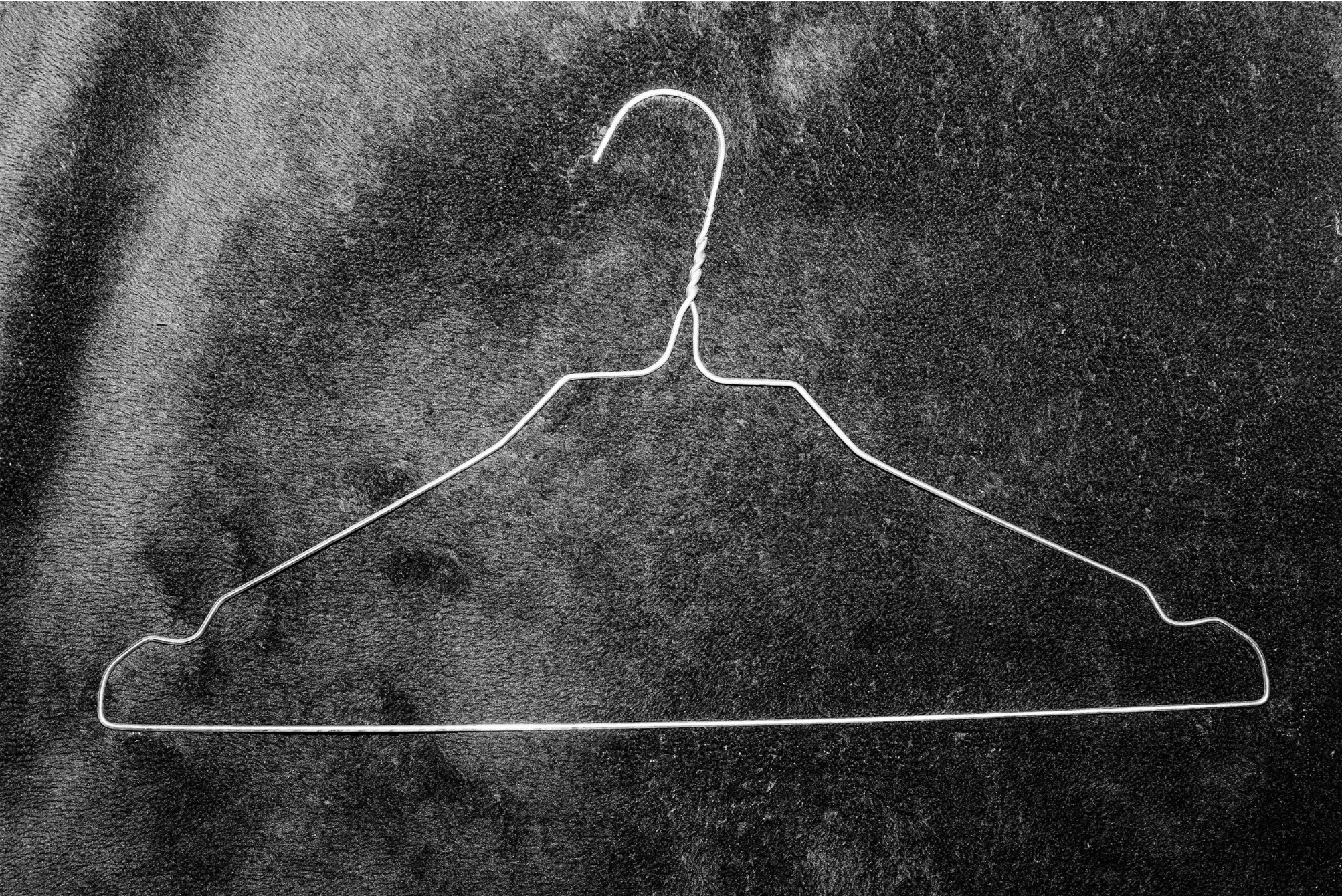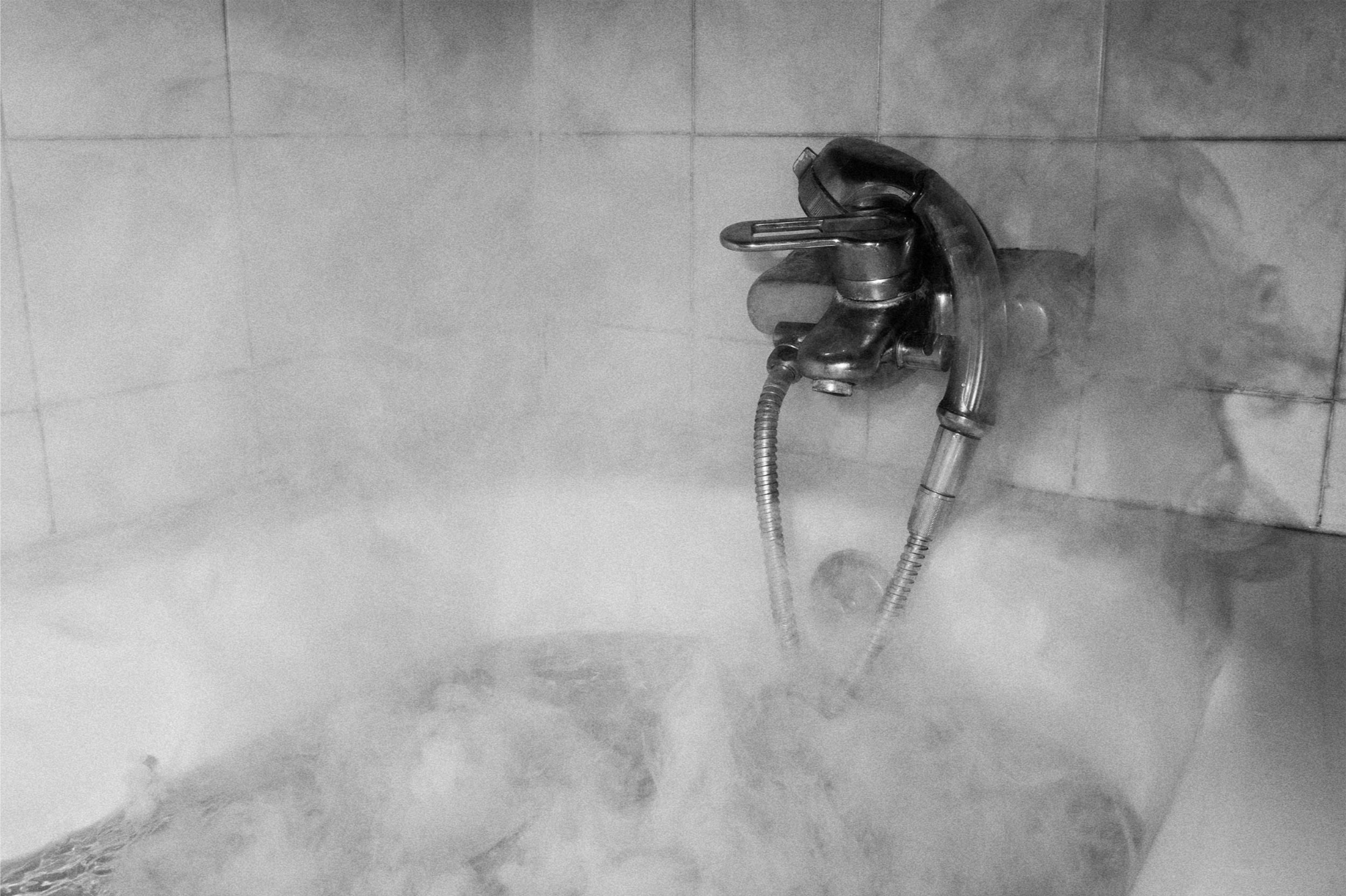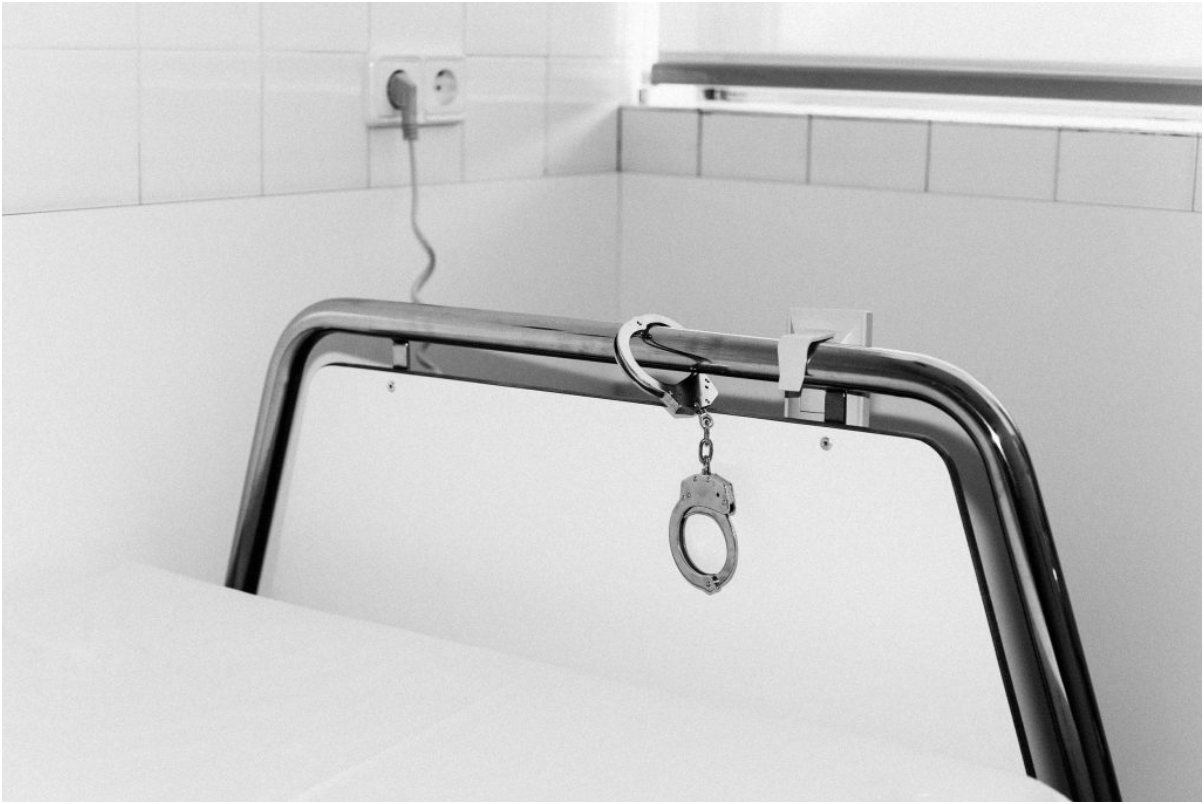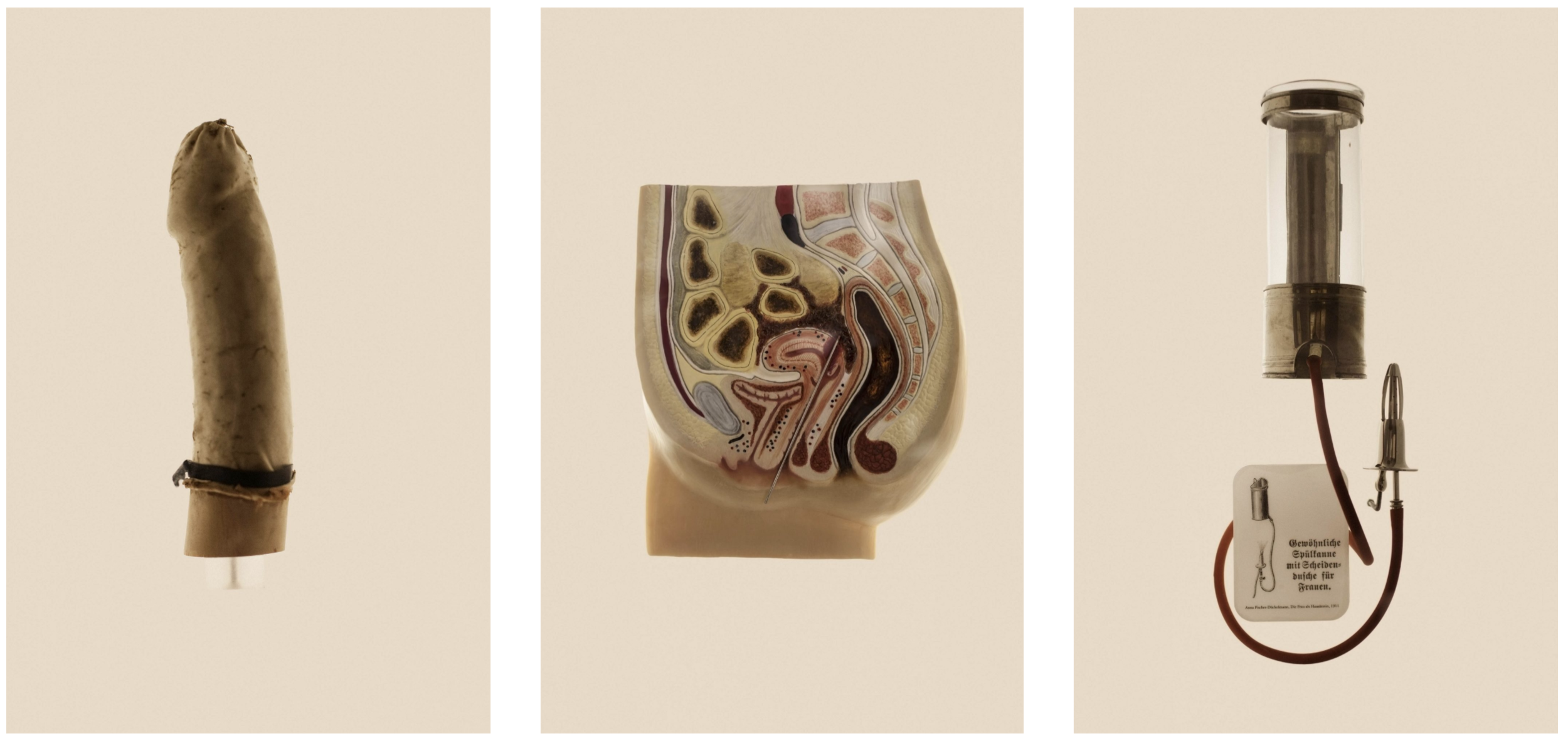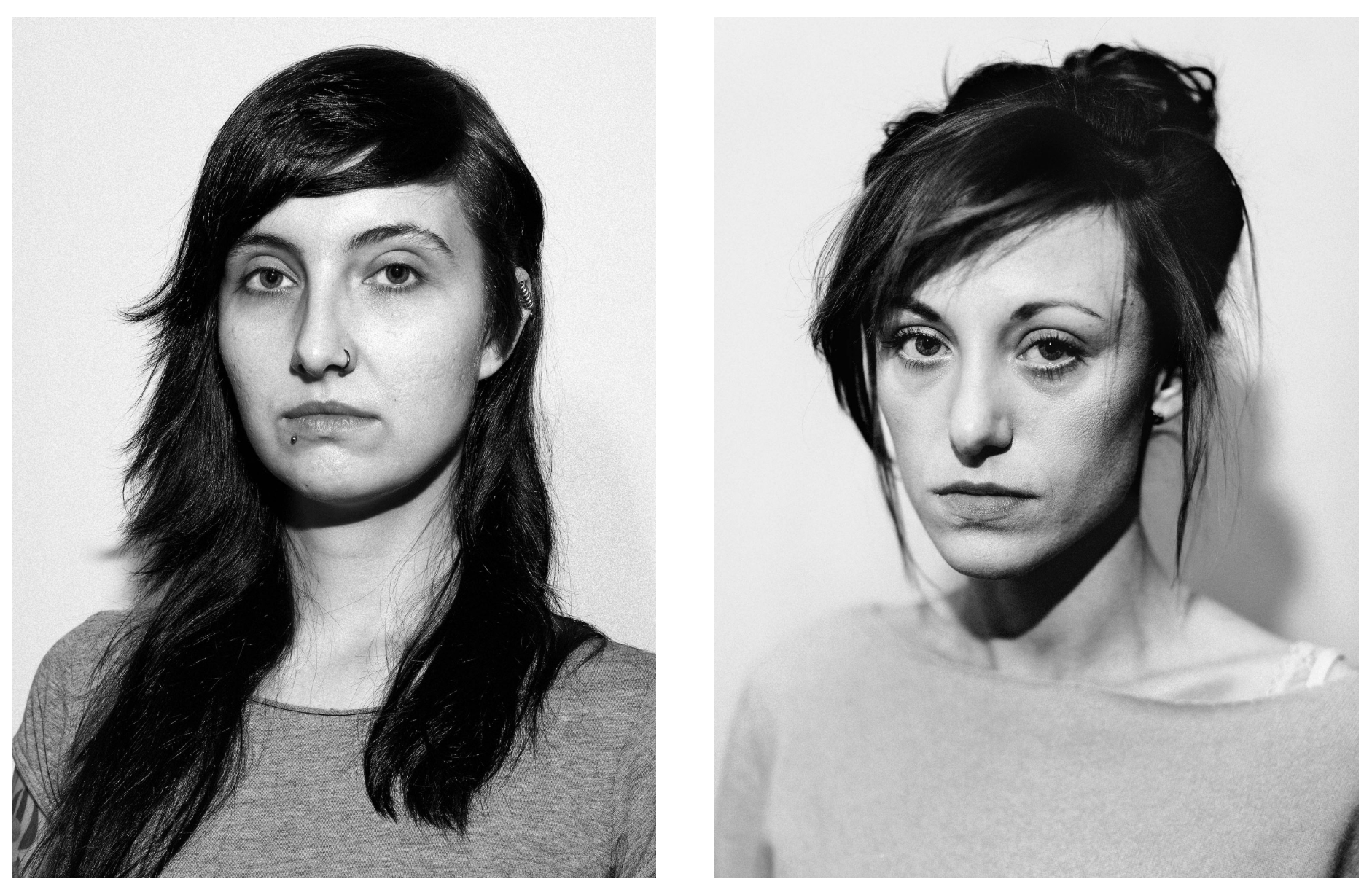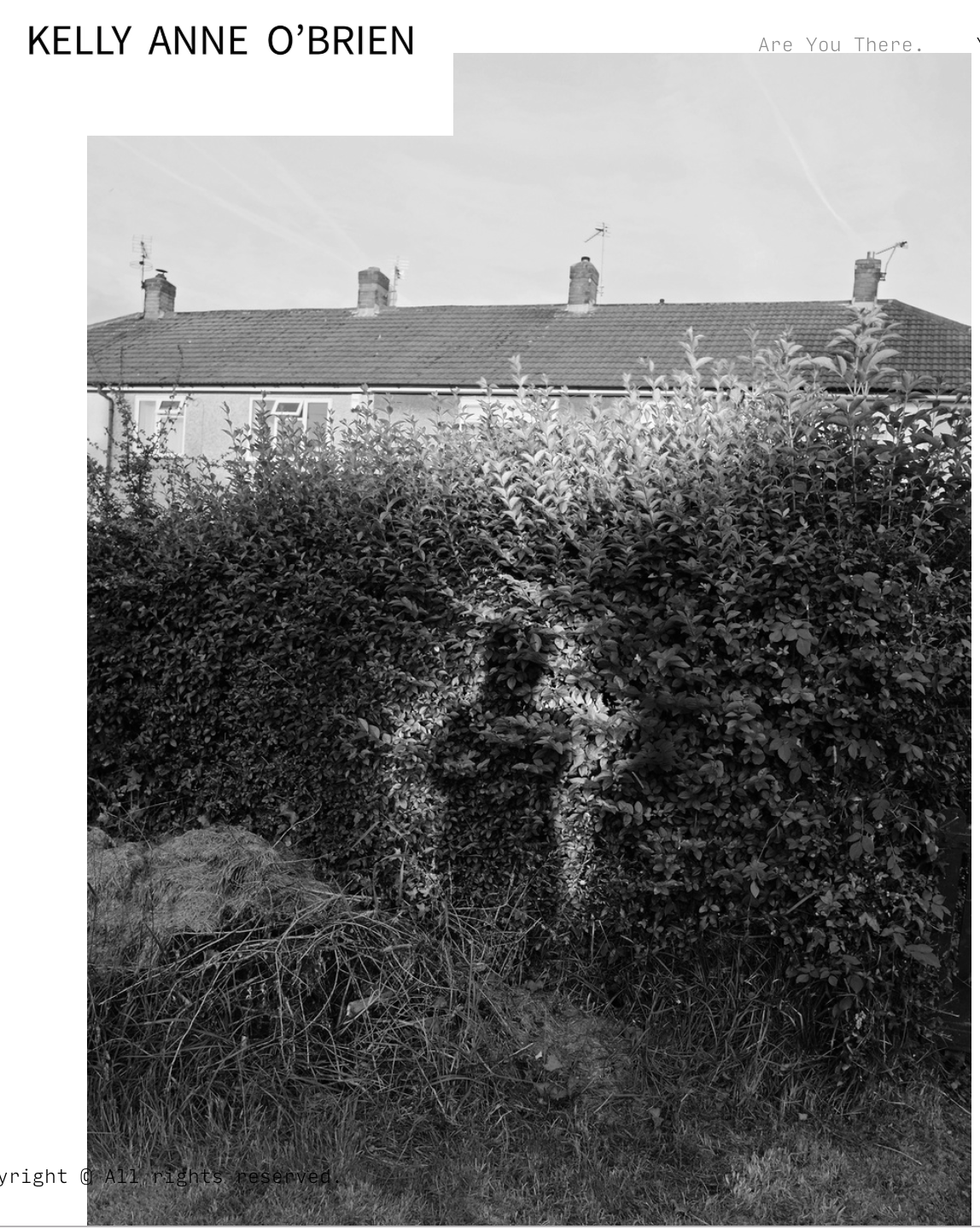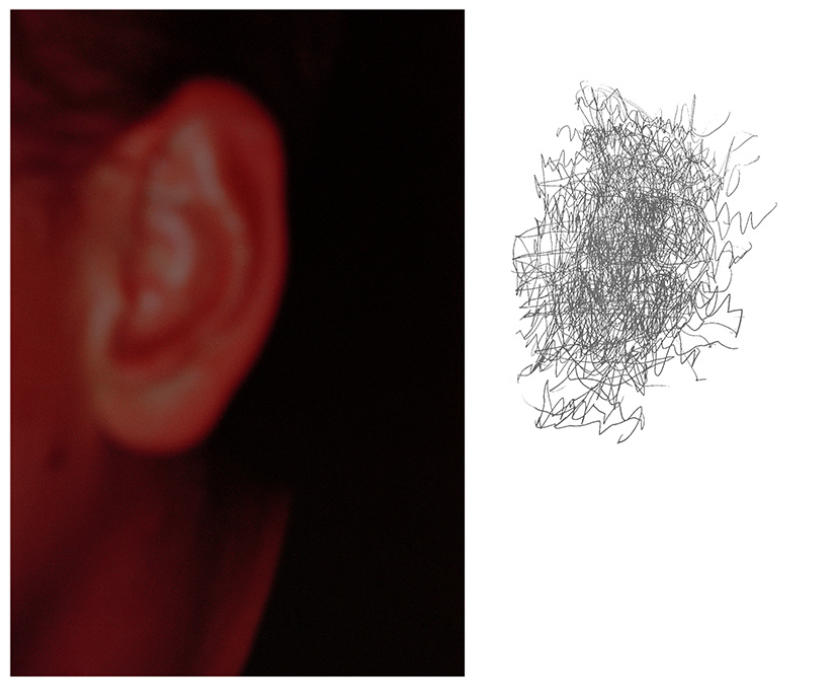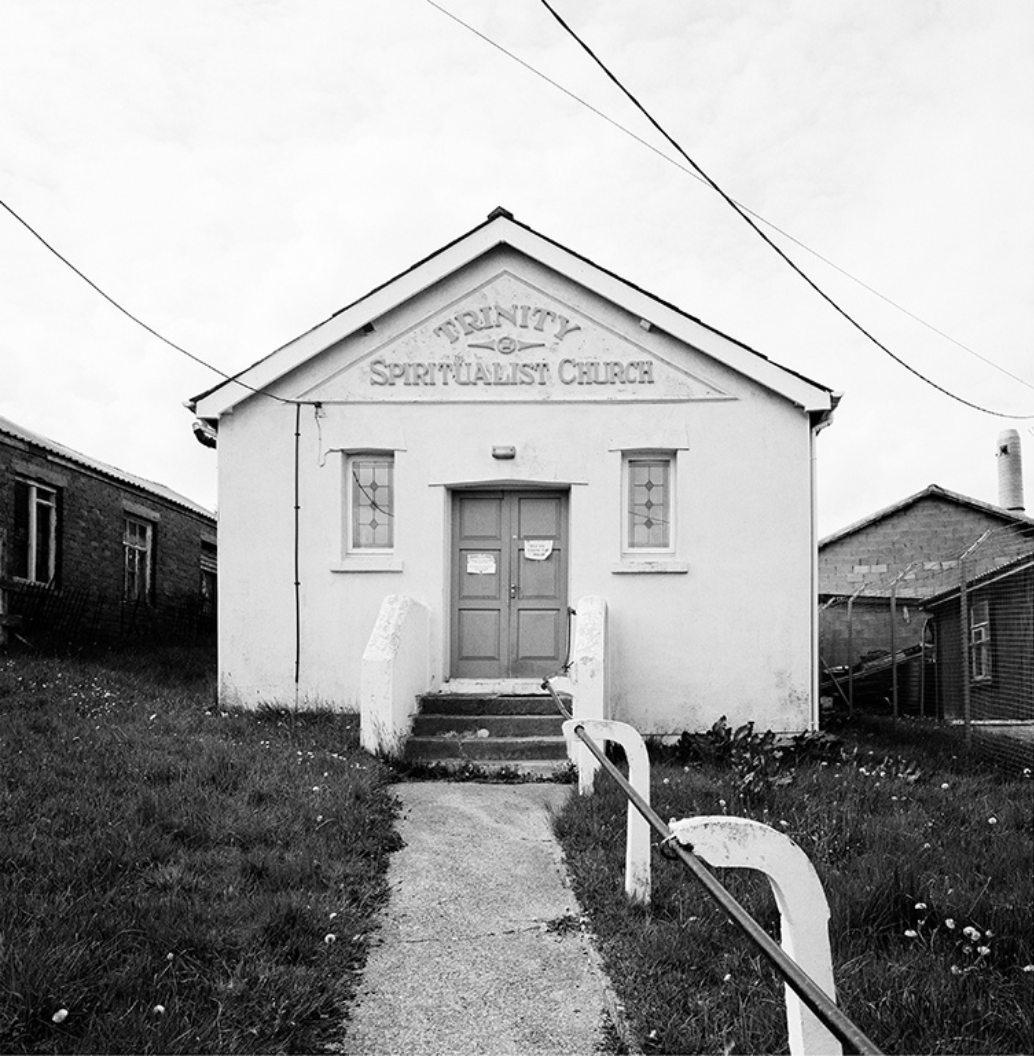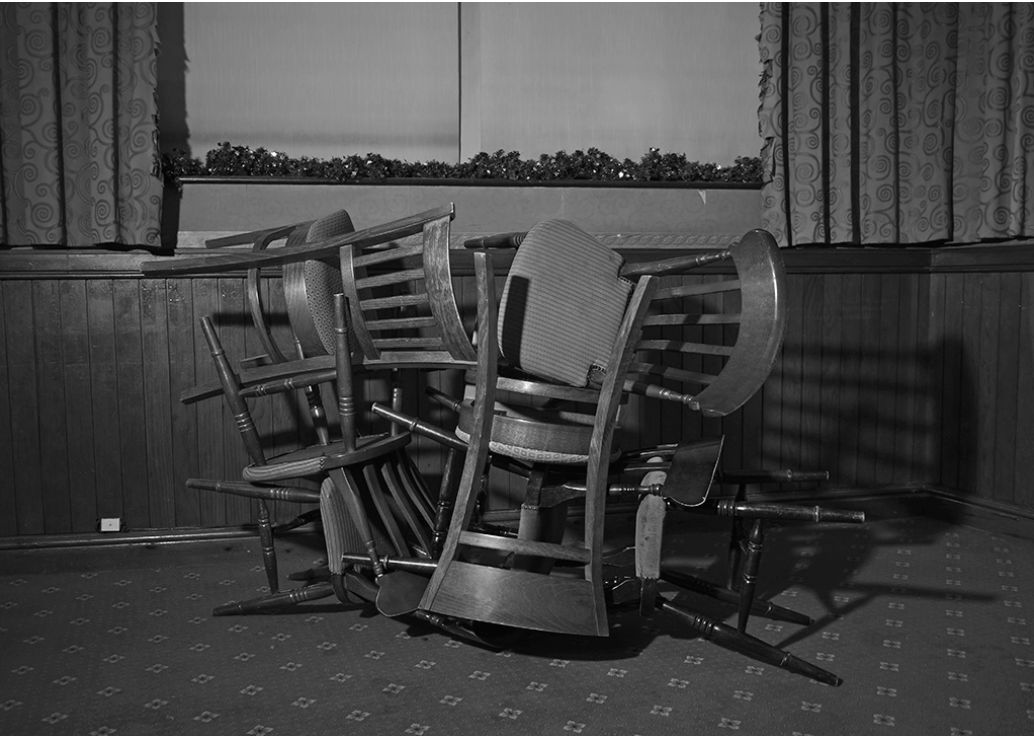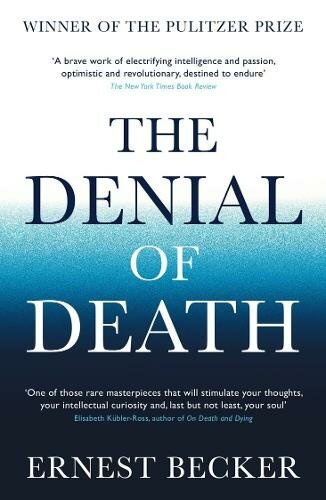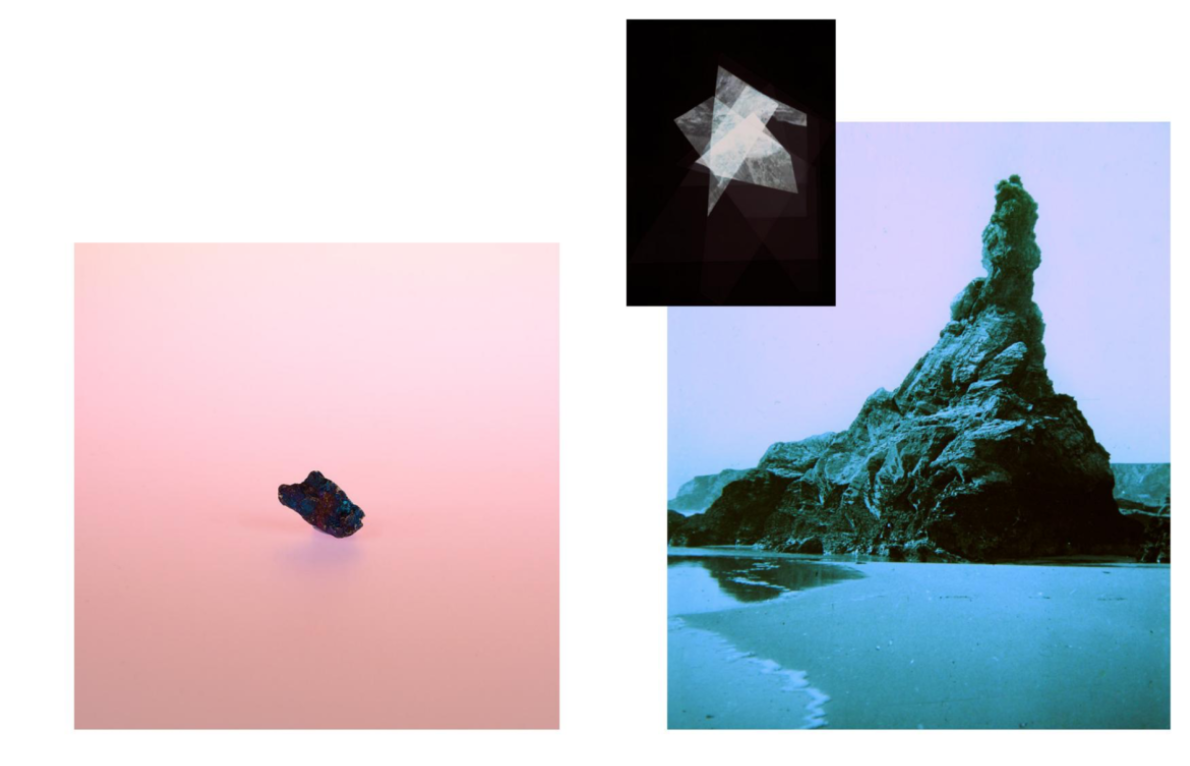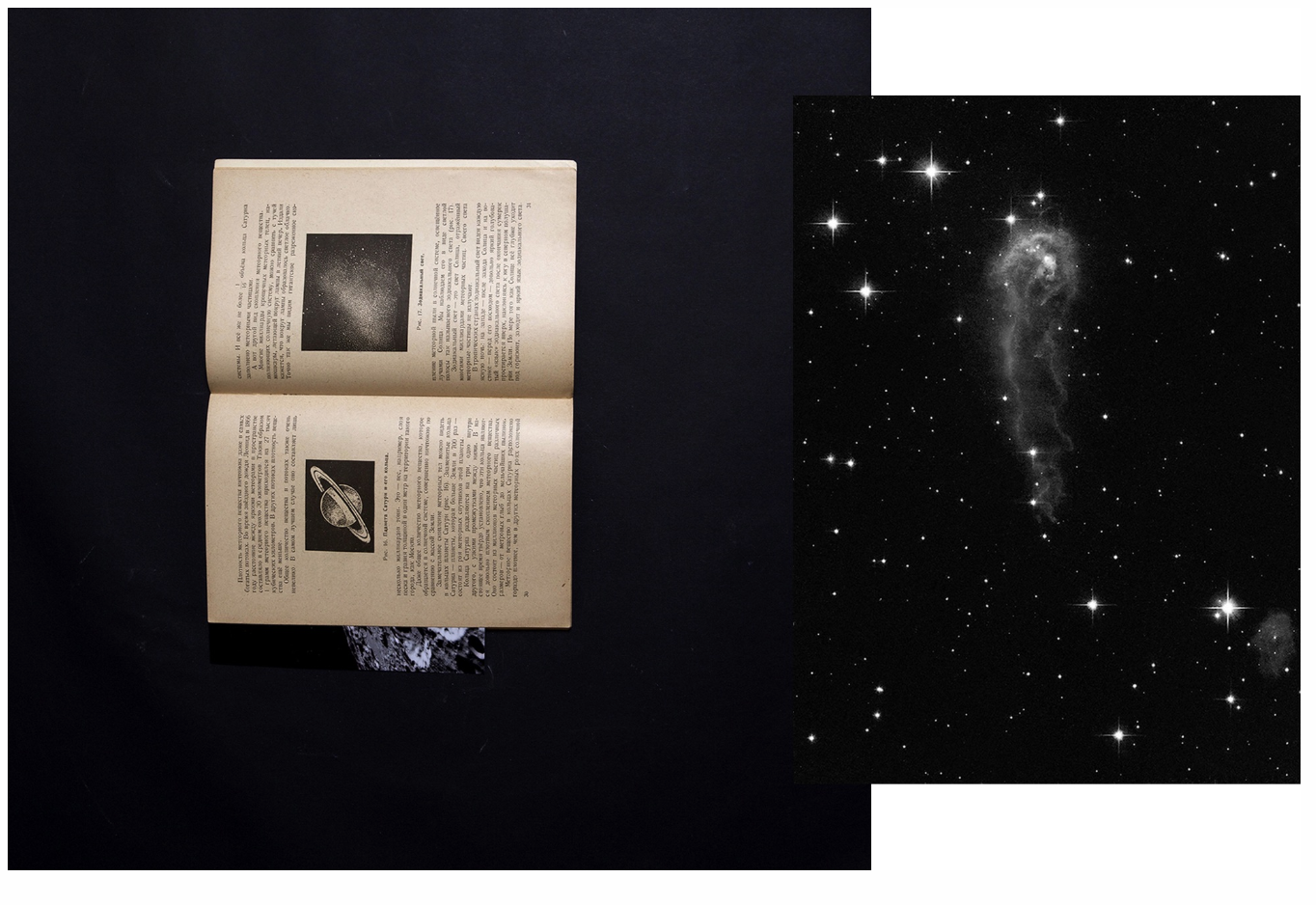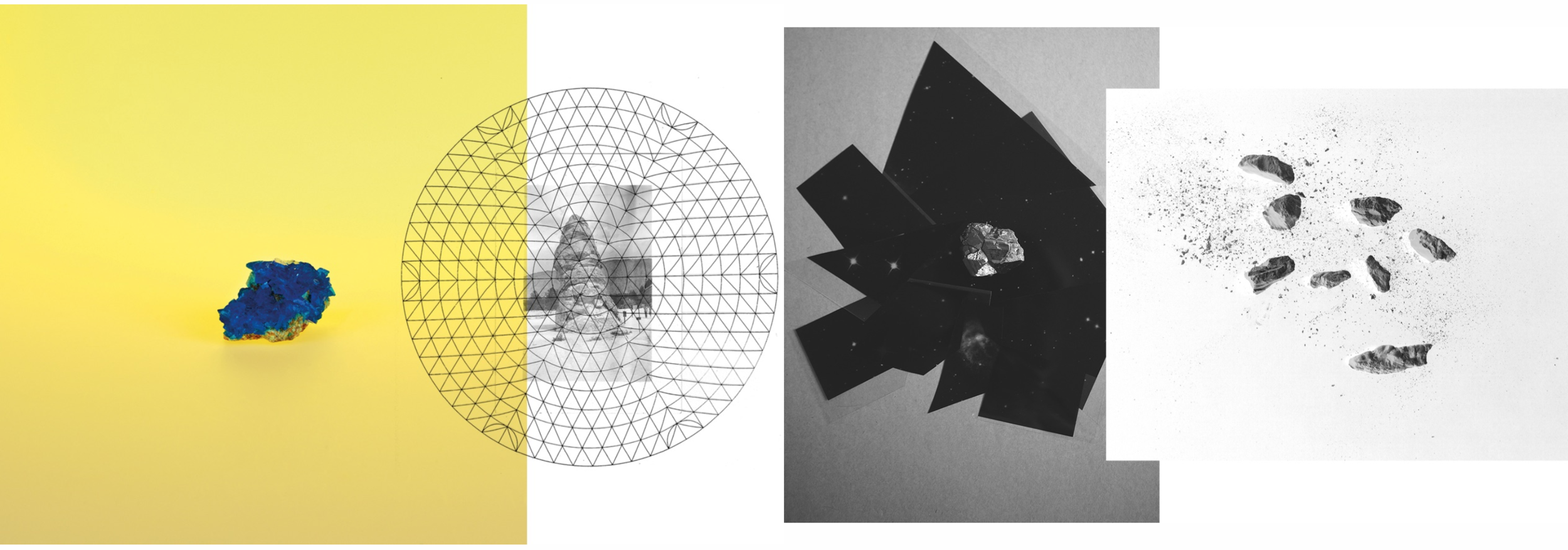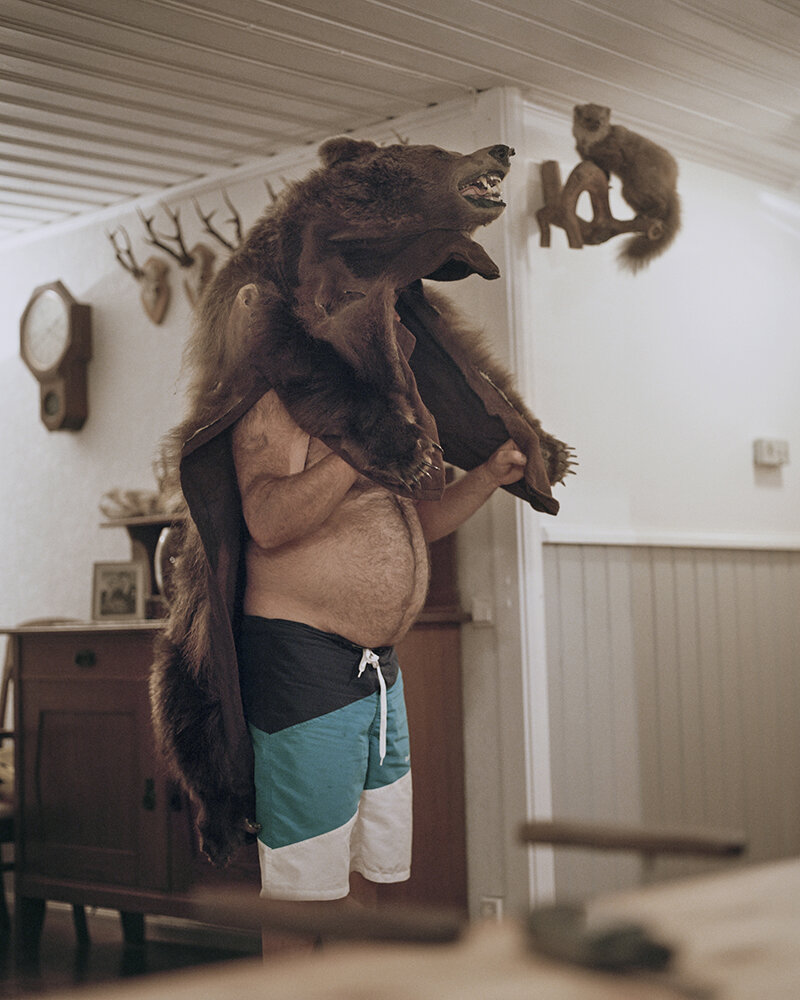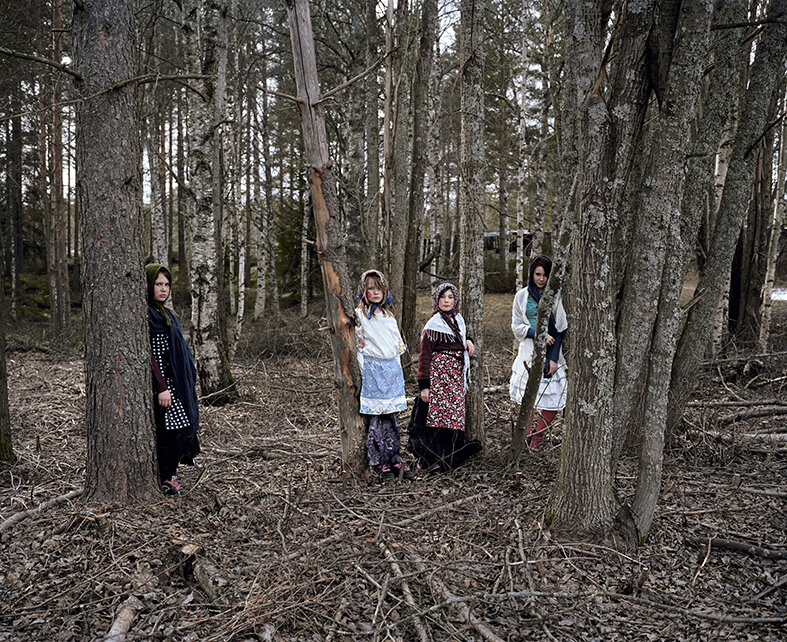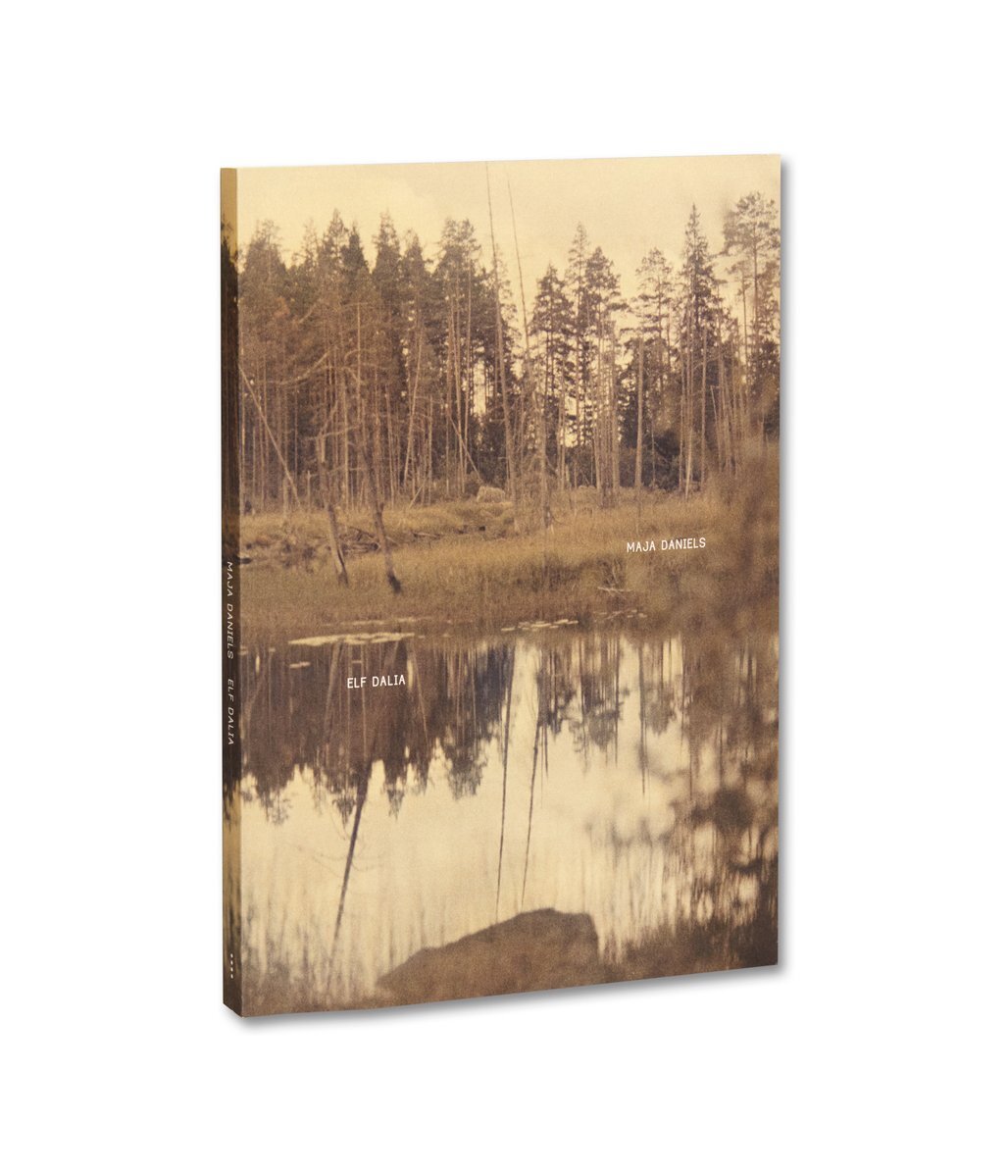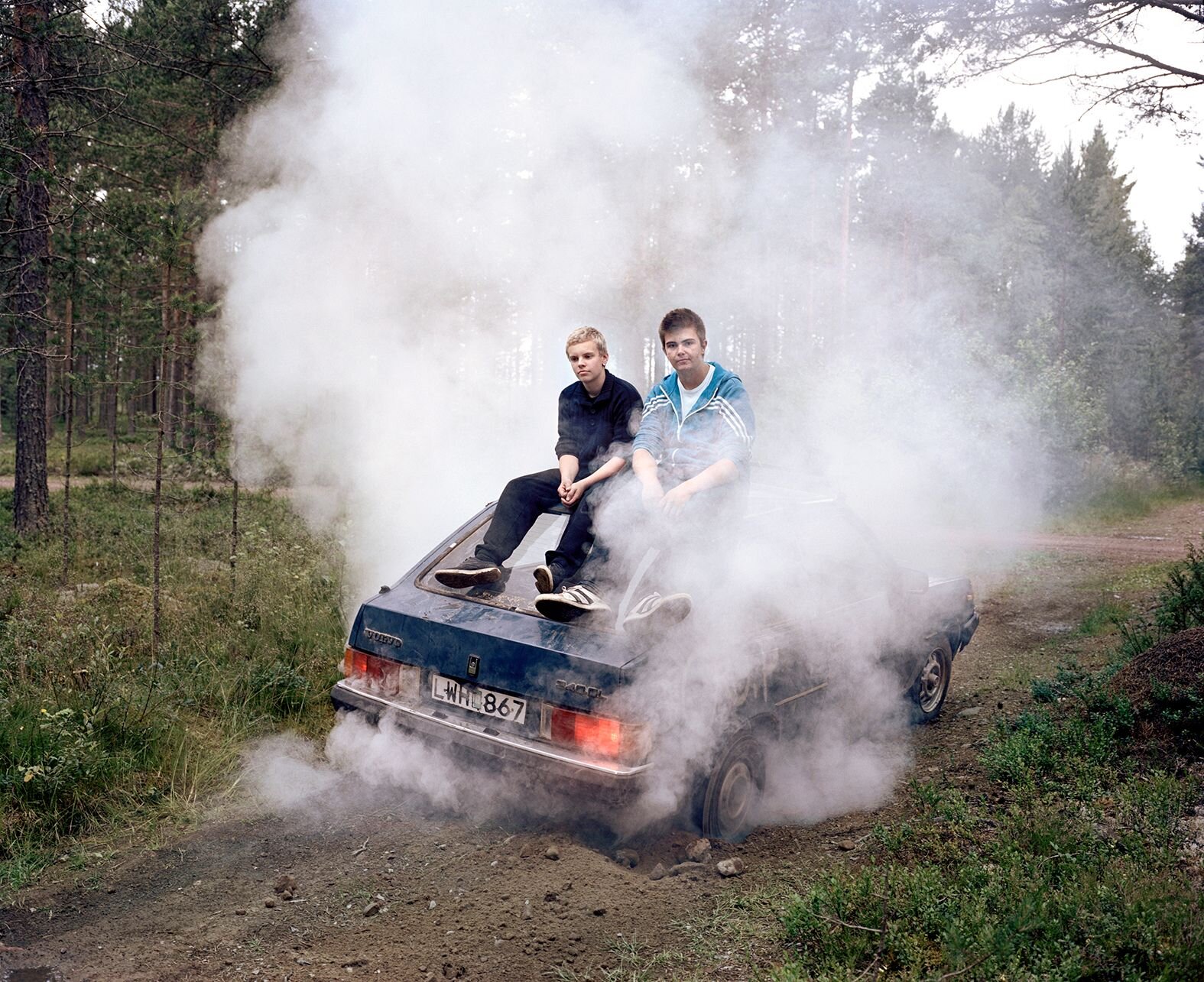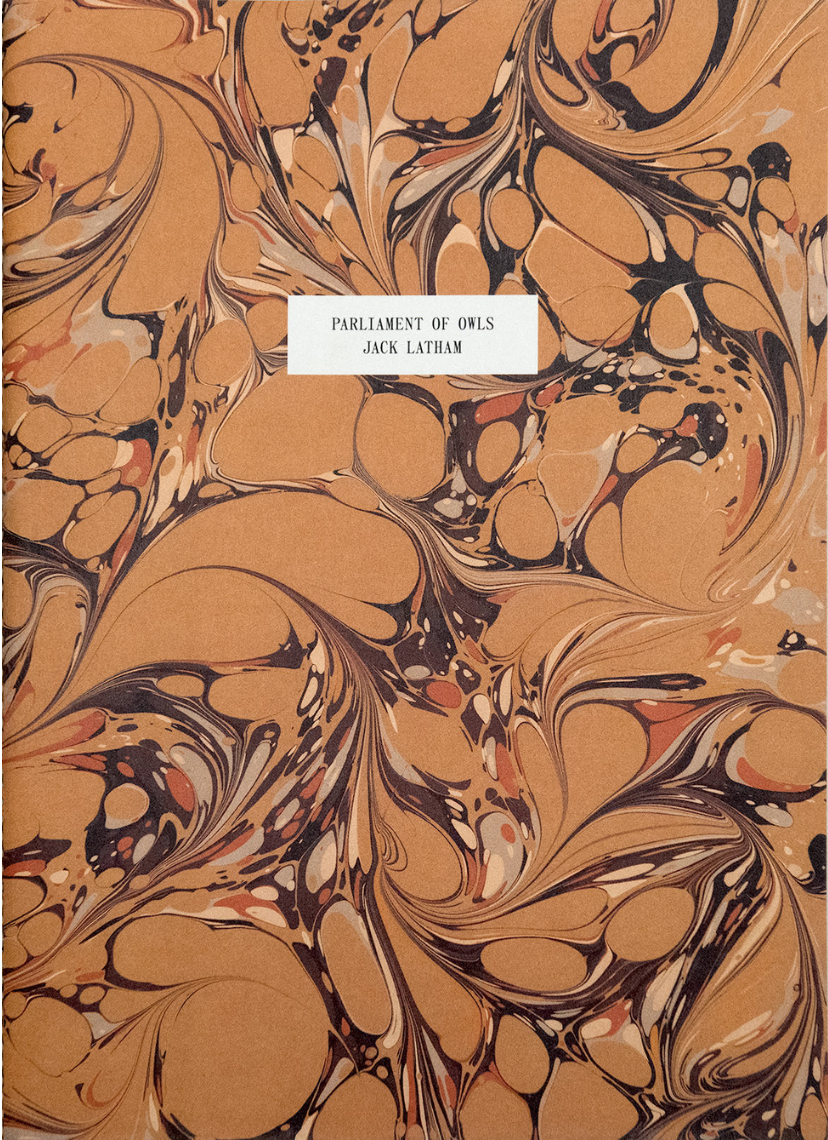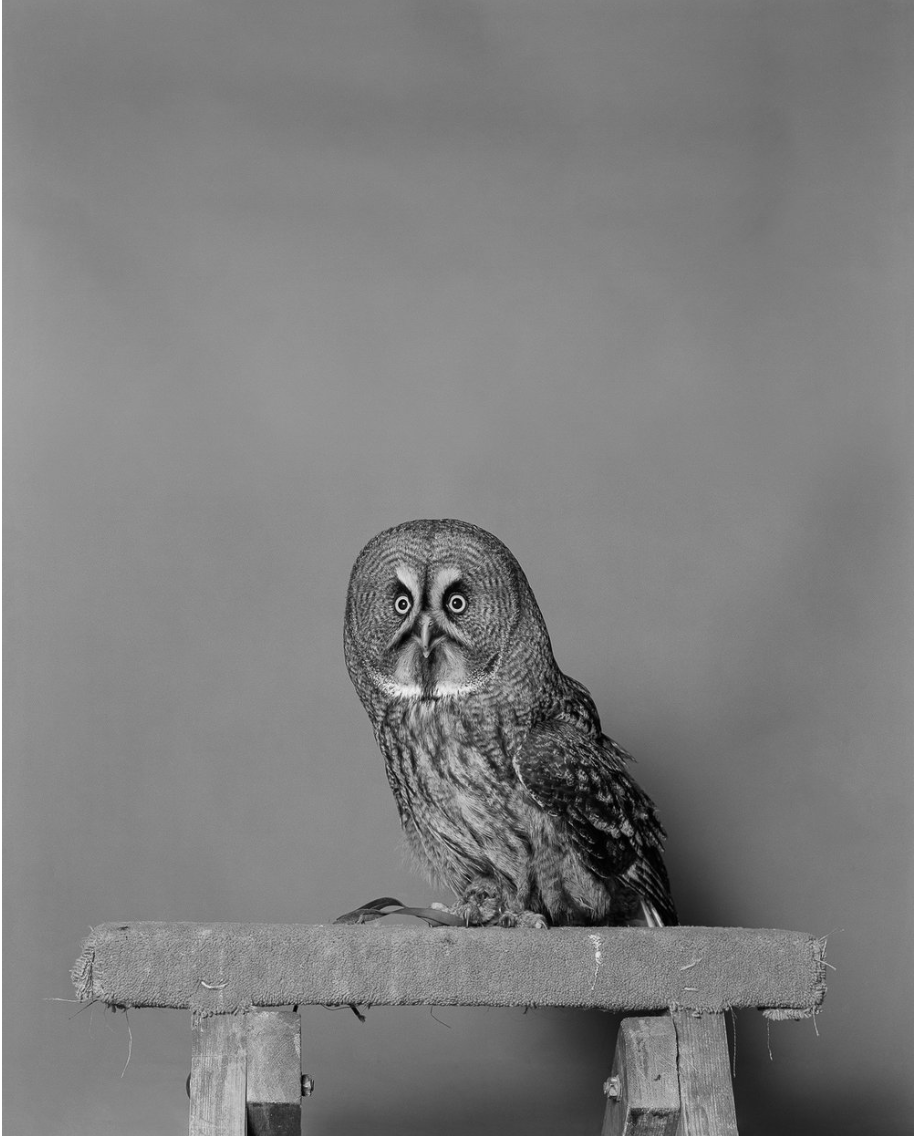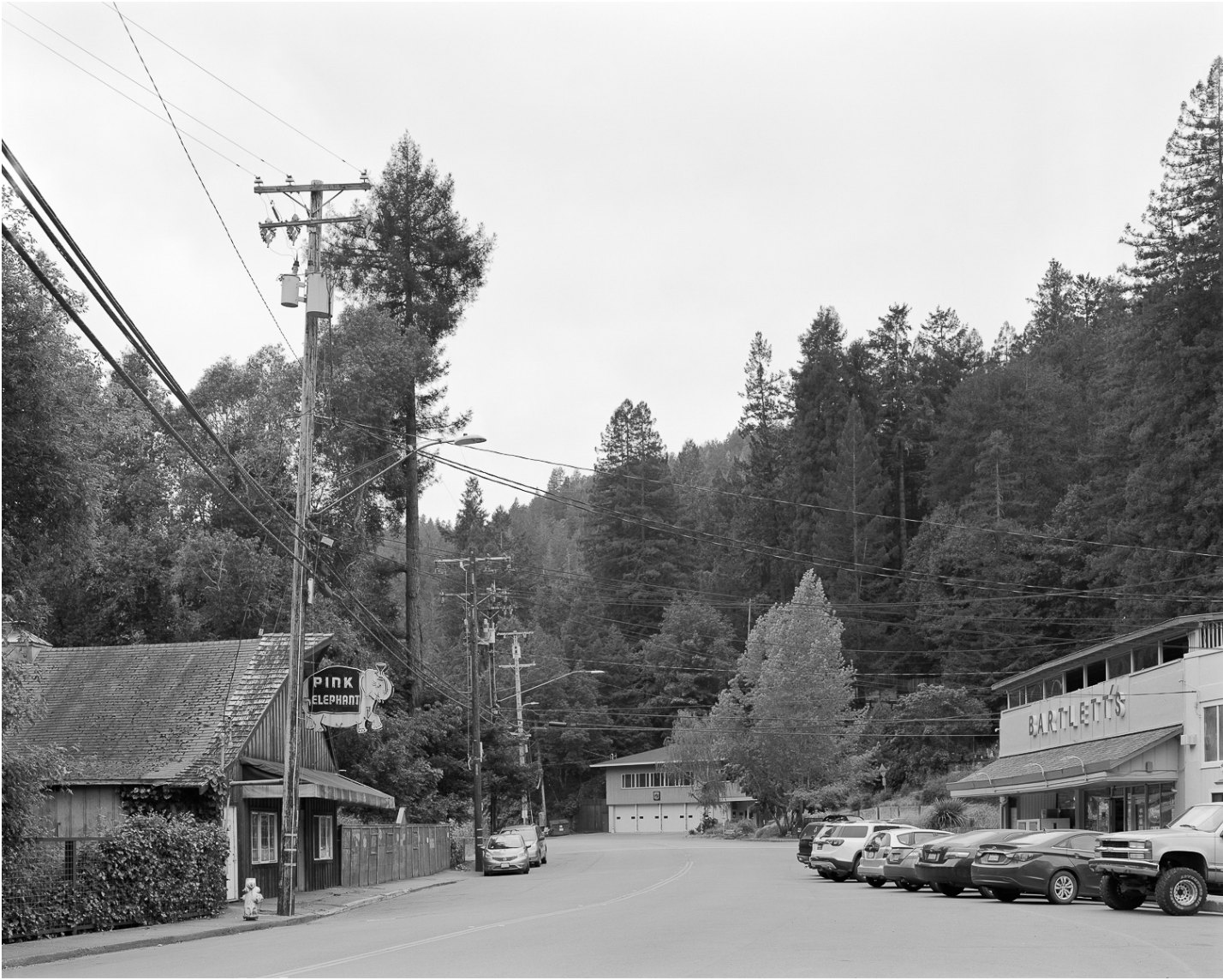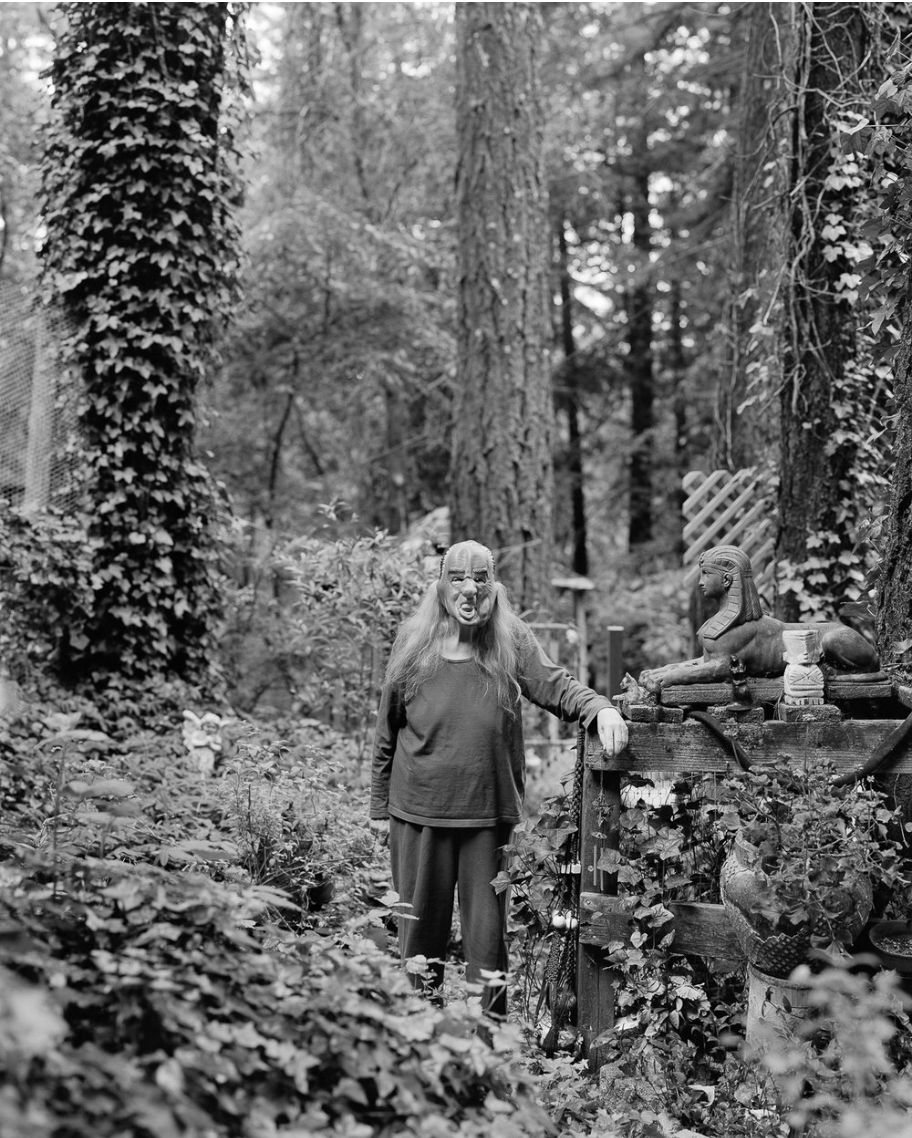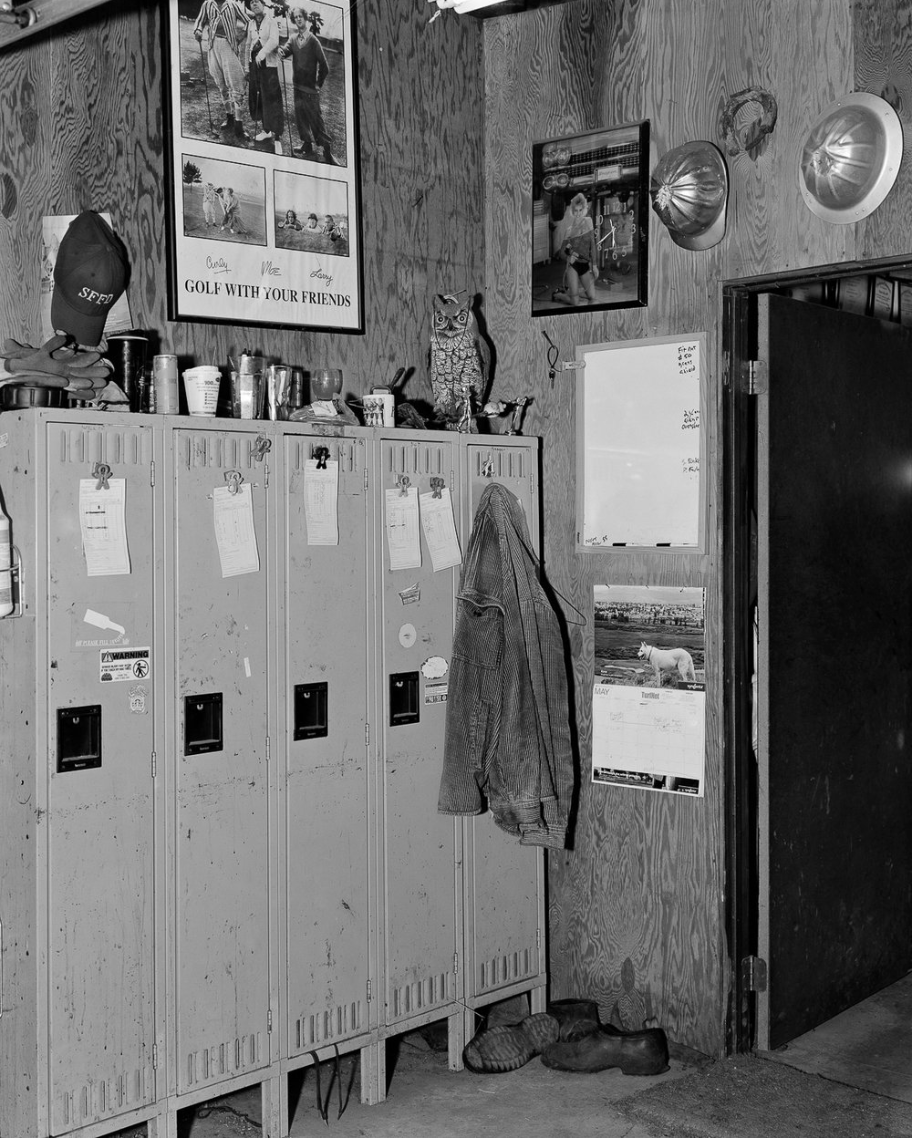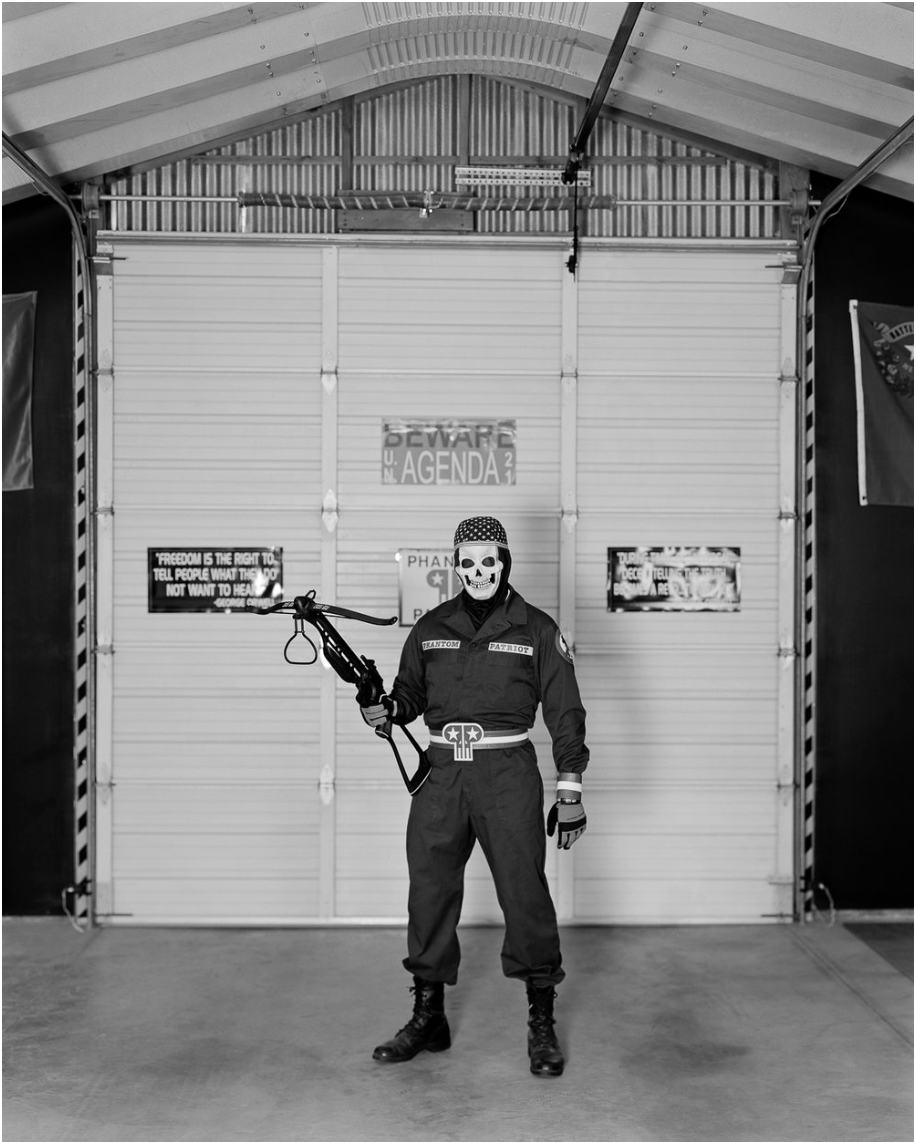This article first came about because the Taylor Wessing Portrait Prize in 2018 had all white male finalist who all produced portraits featuring black individuals as the subject matter. Now on the surface you might think ‘great finally black people are getting a platform’ but is that true, or are they being objectified and used as tokens for ones own success? Unfortunately, the latter appears to be more the case for many. You can’t help but feel like these images contribute to the objectification of black people in western society. As stated in the article, photojournalism connotes a degree of realism and truth behind it as you would expect, therefore anyone viewing it is going to believe what they see. Therefore, if you use someone’s skin colour to depict a stereotype just to aid your narrative, unfortunately all onlookers are going to see that as truth. If you’re wanting to pursue photojournalism you must use your voice, especially if you’re white, for the right reasons. If you use people of colour (poc) out of context just for your own success, people are going to believe that incorrect context, which ultimately is not fair. Now i’m not accusing these finalists of doing this, but you need to be aware of that consequence when being a photojournalist
Originally photojournalism was linked to colonialism because it was used to represent a group of people and their differing cultural beliefs in an untruthful and damaging way. Additionally, the same issues can be linked to the male gaze. Due to the historical patriarchal society we live in, men have believed its okay to represent women in an objectifying, untruthful manner. Unfortunately, due to this, photography has also been impacted in that way. Women are often represented as purely sexual beings especially in photography they are used just to please. I have even had this happen to me when a photographer told my peers and I that he ‘hires women as assistants to break the ice because they’re nice to look at’. Whereas when looking at women of colour (woc) they are represented as the opposite of this, they are rather seen as something negative. WOMEN CAN NEVER WIN.
The current exposure on the black lives matter movement has created a rise in all issues with equality, many people are believing that the term ‘black lives matter’ is non-inclusive and promotes the idea that not all lives matter. However, this couldn’t be further from the truth. All lives matter of course but black lives are struggling more and have done throughout history. This is why we all need to stand in solidarity and use our white voices to speak for those who are not listened to. In terms of the BLM movement during lockdown, unfortunately we cannot wait for a pandemic to be over to fight racial injustice, I understand that right now is not the best time to be protesting in large groups but black people risk their lives everyday by just walking down the street, so I think we can risk ours for one day (obviously if you’re healthy to do so). Furthermore, protests are not going to stop until all lives matter and all lives will not matter until black lives matter. The only way black lives are going to matter are if we fix the broken society we live in, based on a system built on oppression. This fight should be no different in the photographic industry. We as photographers need to use our history stopping, truth telling platform to expose the reality of racism and racial police brutality. In fact we are at an advantage because we have a tool that excuses our need to expose racism, that tool being our camera.
In conclusion, I hope that this short but sweet post sums up the archaic, unnecessary and ridiculous nature of racism throughout history and specifically now, in the 21st century. It is not needed. It benefits no one. Therefore, I hope this encourages the photographic community to pick up their cameras and speak out against racial injustice. Please read through the article mentioned above (i will leave a link at the end) because it discusses the issue in more detail and more technically than I ever could. Just remember BLACK LIVES MATTER ALWAYS.
https://www.fomu.be/trigger/articles/the-impact-of-the-white-male-gaze






